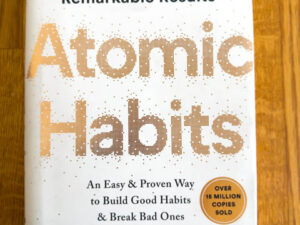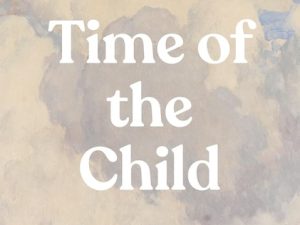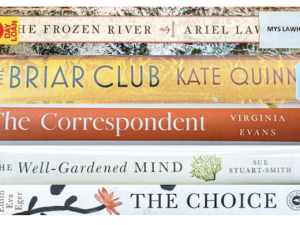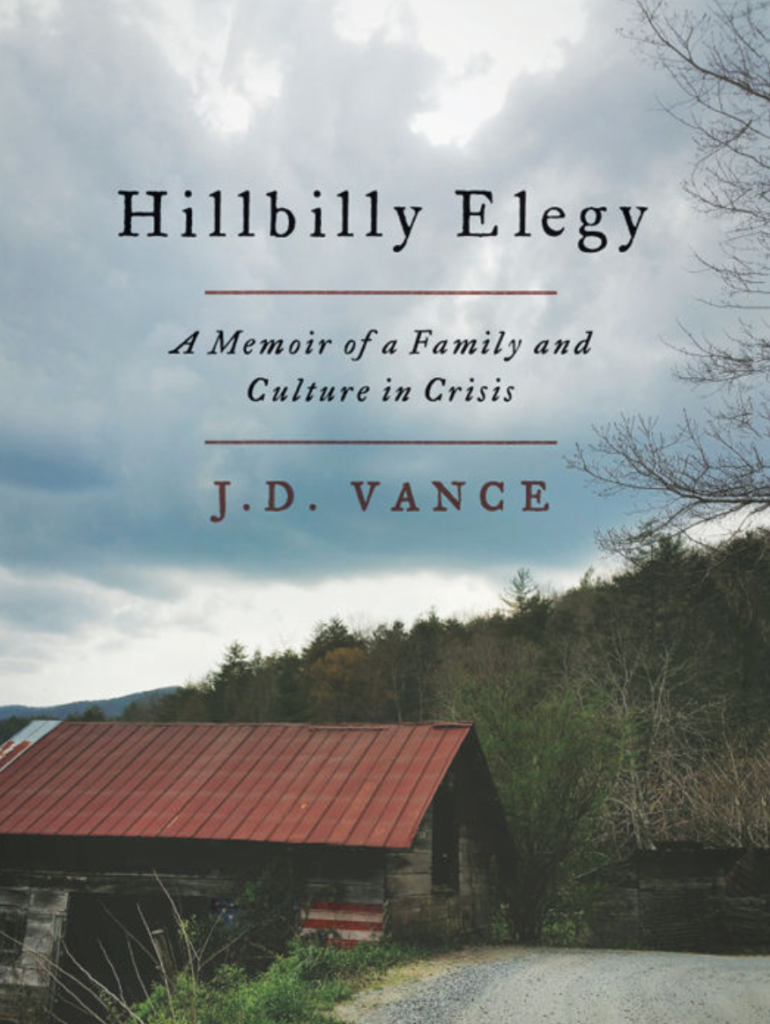
–
This is not a comfortable read, but is worthwhile. Many folks told me to read it after my shock at the outcome of the election last fall, and I finally obliged. I’m glad I did, and reading it will benefit individuals on both sides of the aisle alike. American needs all its citizens included as we forge ahead.
It isn’t that I really learned anything all that new in this unsentimentally frank book about America’s poor white rust-belt culture in crisis, but it clarified for me what I need to pray about regarding it. This memoir is written by a rare individual that was able to climb out of this disastrous background, and knows all too well why most people do not. His articulate, dispassionate, insider’s view is important to understand for anyone that cares about and wants to influence modern America going forward.
The author writes well and neither excuses nor condemns. It is remarkable that he was able to maintain such an unjudgemental tone after all he has been through and seen. David Brooks of the New York Times calls this book “essential reading for this moment in history.” I agree, and surprise myself by giving this book (that I dragged my feet so long about before reading) five stars.
In addition to being a sociology lesson, this book highlights the fact that all our choices count, and inspires the reader to make the most of their own opportunities. After dragging you through misery, you are left wanting to overcome whatever roadblocks are in your own way, and live the American dream to your own fullest capacity. This is a wonderful secondary result from this short read of difficult subject matter.
–
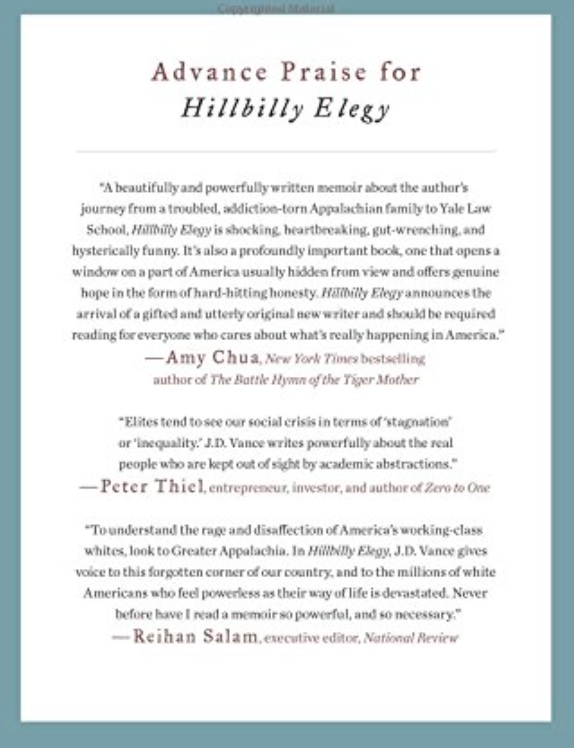
5 Comments
-
I agree with this assessment. It gives clear insight into a larger-than-Appalachia problem,and imparts a momentum to the reader.
-
I would agree. I shared my recommendation on Facebook a few months ago, and have told many others as well.
-
Haven’t read the book, but did see the new Netflix movie. It would be interesting to read the book to see where they differ. I thought the movie was well done–Glenn Close & Amy Adams. You are right it’s the boy who finally struggles his way out of that culture of physical abuse and addiction. Apparently (in the movie) Mawmaw eventually left her abusive husband as they lived separately. However, the daughter’s full story is not told in the movie (did she suffer abuse from her husband too? She witnessed her father abusing Mawmaw. I didn’t see the boy’s father in the movie.) What led to her dependency on opiates–maybe I missed that in the movie…she worked at a hospital and had access. The boy early on could see the damage that drugs can do. The movie seemed to say families stick together no matter what, even to the point of lying or having someone pee into a urine sample bottle for you because you aren’t “clean” so they won’t lose their job. It seemed to send some mixed messages.
Pingbacks
-
[…] warning guys! I’ve read some serious stuff lately (see here and here and here) so I needed to change it up with something light and innocuous. And ladies, I […]
-
[…] A book where poverty plays a major part: Hillbilly Elegy by J. D. Vance (my 5 star review here) […]
